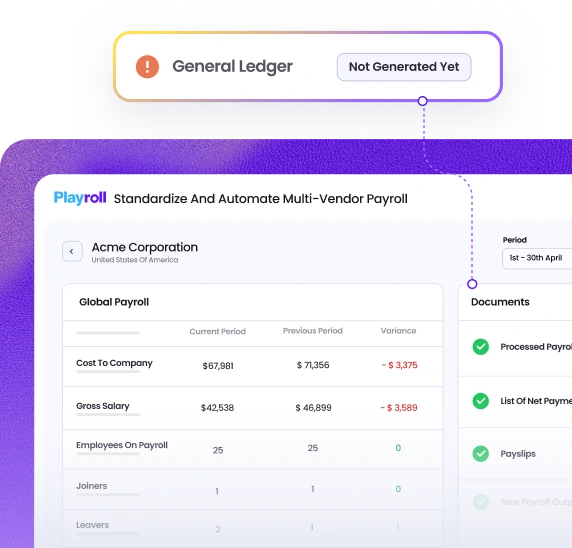What is a Good Salary in Utah?
What is considered a 'good' salary can vary based on factors like location, lifestyle, and industry. A salary in the range of $50,000 to $80,000 is generally considered comfortable for a single person in Utah. High-paying fields like technology and healthcare can offer salaries reaching up to $150,000, while more common roles such as administrative assistants typically earn around $40,000 to $50,000.
Average Salary by Cities in Utah
The cost of living can vary widely from one city to another, and that impacts both how far salaries stretch and what professionals expect in terms of pay. Cities with higher living costs – like those with hot housing markets or tech hubs – tend to have higher salary expectations.
Familiarizing yourself with the average salary ranges per location can help you plan better and make sure your compensation packages are in line with local expectations to attract and retain top talent. Here’s a quick look at salary ranges across different cities in Utah, to get a sense of competitive salaries based on local factors:
| City | Monthly Salary | Annual Salary |
|---|
| Salt Lake City | $6,667 | $80,000 |
| Provo | $6,000 | $72,000 |
| Ogden | $6,417 | $77,000 |
| St. George | $4,969 | $59,631 |
| Logan | $5,833 | $70,000 |
Salary Earnings Based on Experience Level in Utah
Salaries naturally increase with experience – this applies to both new hires and existing team members. When planning for new positions, it's important to consider how salary ranges change at different seniority levels. This will help ensure you're meeting salary expectations, retain employees and create a fair working environment.
Here’s a breakdown of how monthly and annual salary ranges grow with experience in Utah:
| Experience Level | Monthly Salary | Annual Salary |
|---|
| Entry-Level Jobs (0-2 years experience) | $3,333 - $4,167 | $40,000 - $50,000 |
| Mid-Level Jobs (3-5 years experience) | $4,583 - $6,250 | $55,000 - $75,000 |
| Senior Roles & Managers | $7,083 - $9,167 | $85,000 - $110,000 |
| Executive & C-Level | $10,833 - $20,833+ | $130,000 - $250,000+ |
Average Salaries by Job Title in Utah
Building a competitive compensation package means knowing what the going rate is for specific roles. We’ve compiled the most recent salary data by job title for Utah, making it easier for you to compare roles, match your offers with the market, and make sure your team is paid fairly.
| Job Title | Monthly Salary | Annual Salary |
|---|
| Customer Service Representative | $2,917 - $3,333 | $35,000 - $40,000 |
| Software Developer | $5,417 - $7,083 | $65,000 - $85,000 |
| Marketing Manager | $5,000 - $6,250 | $60,000 - $75,000 |
| Project Manager | $6,250 - $7,500 | $75,000 - $90,000 |
| Operations Manager | $6,667 - $8,333 | $80,000 - $100,000 |
Highest Paying Jobs in Utah
- Anesthesiologist: $350,000+
- Surgeon: $300,000+
- Psychiatrist: $270,000
- Orthodontist: $240,000
- Physician (General): $220,000
- Dentist: $190,000
- Pharmacist: $140,000
- Software Engineer: $120,000
- IT Manager: $110,000
- Marketing Manager: $105,000
Monthly Cost of Living in Utah
In Utah, the cost of living is slightly above the national average, driven largely by housing and transportation costs. Housing expenses are about 10% higher than the national average, particularly in cities like Salt Lake City, where demand is strong due to the state's growing population. Utility costs are about 5% higher than the national average, influenced by the state’s climate and energy needs. Transportation expenses, including gas prices, are around 4% higher than the national average, reflecting the state's reliance on personal vehicles and longer travel distances in many areas.

Median Home Price
$535,217
Compliant, In-State Payroll Processing in the U.S. with Playroll
We cut payroll processing time by 80%, ensure full compliance, and provide hands-on support for both employers and employees.
-

Local, state-accurate payroll execution
-

Consolidate payroll inputs and variance reporting
-

State-specific compliance, taxes, and filings built-in







.svg)
.svg)
.svg)








.svg)



.png)
.webp)
.webp)








.svg)